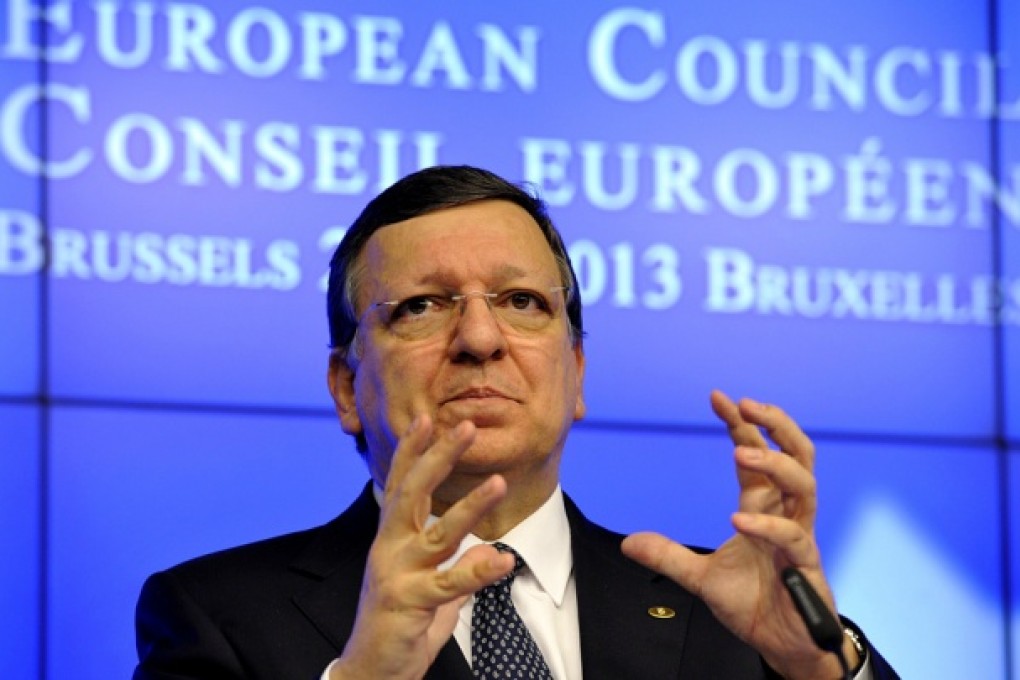Jake's View | EU fails to adapt to borderless world
I do not entirely follow the reasoning of this notable hot-air merchant. If the European Union truly has evidence that its citizens, personal or corporate, defraud it of €1 trillion a year, why do its law-enforcement agencies not take action?

The European Union's loss of revenue from tax fraud and evasion was €1 trillion, said the president of the European Commission, Jose Manuel Durao Barroso
I do not entirely follow the reasoning of this notable hot-air merchant. If the European Union truly has evidence that its citizens, personal or corporate, defraud it of €1 trillion a year, why do its law-enforcement agencies not take action?
The financial fugitives may have taken the money abroad, but they still made it within the EU, where EU agencies rule. If hard evidence of fraud or tax evasion exists, then the EU cops should be able to nab them in the EU or seize the EU-domiciled assets from which the money was made.
And if they do not have this hard evidence, how do they expect governments outside of the EU to enforce EU demands for payment on the basis of claims not acceptable to courts of law within the EU?
What the EU really wants, of course, is a long list of citizens who have bank accounts in Luxembourg and Switzerland. It will treat this as sufficient evidence of wrongdoing, demand a big dollop of the money from these people and then proceed to grind them down with legal processes. The torturer's approach is much favoured in Brussels.
But the EU's real problem is that it still thinks of money as geographically confined within national borders although money now ignores borders as it never has before. This makes a mockery of taxing personal income and corporate profits. Increasingly they cannot be geographically defined.
